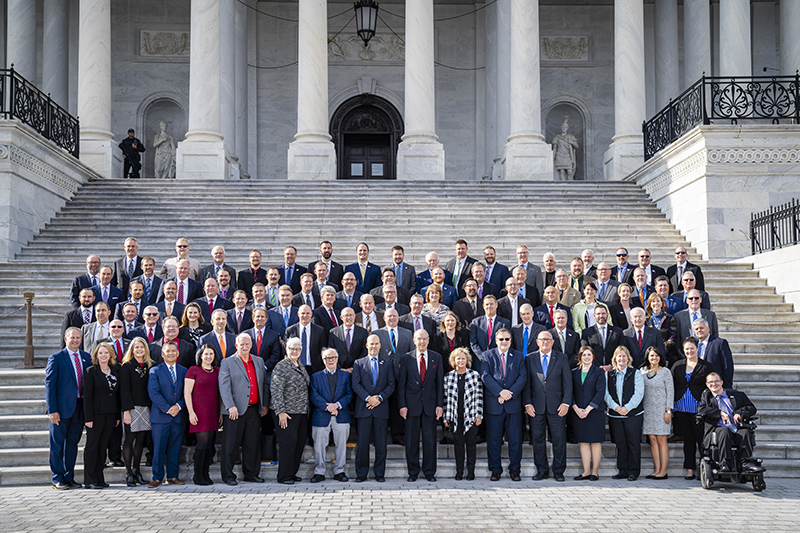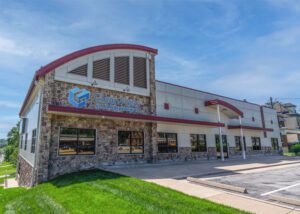About Clean Fuels Alliance America

Our Mission
Representing biodiesel, renewable diesel and sustainable aviation fuel, Clean Fuels Alliance America will advance the interests of its members by supporting sustainable biodiesel, renewable diesel and sustainable aviation fuel industry growth. Clean Fuels serves as the industry’s central coordinating entity for technical, environmental and quality assurance programs and will be the strongest voice for its advocacy, communications and market development.
Our Vision
Biodiesel, renewable diesel and sustainable aviation fuel will be recognized as mainstream low-carbon fuel options with superior performance and emission characteristics. In on-road, off-road, air transportation, electricity generation and home heating applications, use will exceed 6 billion gallons by 2030, avoiding over 50 million metric tons of CO2 equivalent greenhouse gas emissions annually. With advancements in feedstock, use will reach 15 billion gallons by 2050.
Our History
Clean Fuels Alliance America is the national trade association representing the biodiesel, renewable diesel and sustainable aviation fuel industries. Based in Jefferson City, Mo., Clean Fuels works to create sustainable industry growth through education, communication, governmental affairs, and technical and quality assurance programs.
 We are a member-driven organization representing the entire biodiesel, renewable diesel and sustainable aviation fuel supply chain. We serve as the coordinating body for research and development in the United States, comprised of state, national and international feedstock and feedstock processor organizations, fuel suppliers, fuel marketers, distributors and technology providers.
We are a member-driven organization representing the entire biodiesel, renewable diesel and sustainable aviation fuel supply chain. We serve as the coordinating body for research and development in the United States, comprised of state, national and international feedstock and feedstock processor organizations, fuel suppliers, fuel marketers, distributors and technology providers.
In 1992, Missouri state soybean commodity groups founded the National SoyDiesel Development Board, which changed its name in 1994 to the National Biodiesel Board. In 2021, the National Biodiesel Board became Clean Fuels Alliance America – a change intended to reflect the organization’s position as a proven, innovative part of America’s clean energy mix. The name Clean Fuels Alliance America represents all our industry members: biodiesel, renewable diesel and sustainable aviation fuel.
Starting with seven members in 1992, Clean Fuels Alliance America now represents more than 100 companies in nearly all 50 states, varying from Fortune 100 companies to small, family-owned producers. This diverse membership base has provided a strong foundation for the clean fuels industry to solicit and gain the support of Congress.
